Revolutionizing Finance: How AI is Transforming Financial Planning

Is Your Financial Future Being Shaped by Algorithms? The Rise of AI-Powered Financial Planning
Have you ever wondered if your investment decisions are truly your own, or if a sophisticated intelligence is quietly guiding them? The financial landscape is undergoing a seismic shift, driven by rapid advancements in artificial intelligence. AI-Powered Financial Planning is no longer a futuristic concept – it’s actively reshaping how individuals and businesses manage their money, invest, and plan for the future. This transformative technology, encompassing Fintech, Robo-advisors, Investment Algorithms, is democratizing financial expertise and offering unprecedented levels of personalization. But with this potential comes challenges and considerations. In this comprehensive guide, we’ll delve into the world of AI in finance, exploring its key concepts, market dynamics, practical applications, potential pitfalls, and how to navigate this evolving landscape effectively.
Key Concepts & Trends

The core of AI-Powered Financial Planning rests on several key technological pillars. Machine learning (ML) is paramount, enabling algorithms to analyze vast datasets of market trends, economic indicators, and individual financial behavior to identify patterns and predict outcomes. Natural Language Processing (NLP) is enhancing customer interaction through chatbots and personalized advice. Another vital component is predictive analytics, which goes beyond historical data to forecast future performance and potential risks. This goes beyond simple rule-based systems of the past.
Think of AI-Powered Financial Planning as having a highly skilled (and tireless!) financial analyst on call 24/7. Unlike traditional financial advisors who might have limited capacity to serve a large client base, AI can offer tailored recommendations to a much wider audience. Robo-advisors, a prime example of this, use algorithms to build and manage investment portfolios based on an individual’s risk tolerance, financial goals, and time horizon.
Furthermore, Investment Algorithms are becoming increasingly sophisticated. They’re not just executing trades; they’re actively optimizing portfolios in real-time, considering factors like market volatility, tax implications, and even sentiment analysis gleaned from social media. This is leading to more agile and adaptive investment strategies compared to traditional methods. The surge in popularity of Fintech solutions has significantly accelerated this adoption, making advanced financial tools accessible to consumers and businesses alike.
Data & Market Insights
The market for AI-Powered Financial Planning is experiencing explosive growth. According to a recent report by Grand View Research, the global AI in finance market was valued at $15.65 billion in 2023 and is projected to reach $102.65 billion by 2030, growing at a CAGR of 25.9% from 2024 to 2030.
A significant trend is the increasing adoption of AI by financial institutions. JPMorgan Chase, for instance, utilizes AI for fraud detection, risk management, and personalized customer service, resulting in significant cost savings and improved efficiency. Wealthfront, a leading robo-advisor, manages over $17 billion in assets and boasts a high customer satisfaction rate, demonstrating the growing trust in AI-driven financial management.
Infographic: (Include a visual showing the projected growth of the AI in finance market with key adoption drivers.)
This market expansion is fueled by factors like the increasing demand for personalized financial advice, the growing complexity of financial products, and the availability of massive amounts of data. The rise of decentralized finance (DeFi) is also creating new opportunities for AI-powered solutions in areas like algorithmic trading and risk assessment.
Smarter Strategies & Alternatives
While AI-Powered Financial Planning is powerful, it’s not a one-size-fits-all solution. For instance, consider those seeking more hands-on control. Hybrid models, combining the benefits of robo-advisors with access to human financial advisors for specific needs, are gaining traction. Some platforms offer transparent fee structures and allow users to customize their investment strategies.
Beyond established robo-advisors, explore micro-investing apps like Acorns, which automatically rounds up purchases and invests the spare change, making financial planning effortless. For businesses, AI-powered tools can automate tasks like expense management, forecasting cash flow, and identifying cost-saving opportunities.
It’s also vital to consider the risk profile. While AI algorithms aim for optimal returns, market fluctuations happen. Diversification and a long-term perspective are still crucial, even with sophisticated AI tools in place.
Use Cases & Applications
The applications of AI-Powered Financial Planning are diverse and rapidly expanding. In the personal finance space, AI is used for budgeting, debt management, retirement planning, and tax optimization. Platforms like Mint and Personal Capital incorporate AI to categorize transactions, identify spending patterns, and suggest savings strategies.
For businesses, AI is transforming financial forecasting, risk assessment, and fraud prevention. AI-driven tools can analyze market trends, customer behavior, and economic data to provide more accurate financial projections. In the crypto space, AI is being used for algorithmic trading, portfolio management, and risk analysis, helping investors navigate the volatile market. Startups are developing innovative AI-powered platforms for specific niches, such as sustainable investing and impact investing.
Common Mistakes to Avoid
Implementing AI-Powered Financial Planning isn’t without its pitfalls. One common mistake is blindly trusting algorithms without understanding their underlying logic. It’s essential to ask questions about how the AI makes decisions and to ensure that the algorithms are transparent and explainable.
Another error is neglecting data privacy and security. Financial data is highly sensitive, and it’s crucial to choose platforms that have robust security measures in place. Moreover, relying solely on historical data can lead to biased predictions. AI models need to be continuously updated with new data to maintain their accuracy and relevance.
Finally, overlooking the human element can be a mistake. While AI can automate many tasks, it can’t replace the empathy and personalized advice of a human financial advisor, especially during times of financial stress.
Maintenance, Security & Long-Term Planning
Maintaining AI-powered financial solutions requires ongoing monitoring and updates. Algorithms need to be retrained periodically with new data to ensure their accuracy and adaptability. Cybersecurity is paramount; platforms must implement strong security protocols to protect sensitive financial data from cyber threats.
For crypto investors using AI-driven tools, it’s important to diversify their holdings and to understand the risks associated with volatility. Regular portfolio reviews and adjustments are essential to maintain alignment with long-term financial goals. Compliance with evolving regulatory frameworks is also a crucial consideration, particularly in the rapidly developing AI space.
Summary & Key Takeaways
AI-Powered Financial Planning is rapidly transforming the financial landscape, offering individuals and businesses access to more personalized, efficient, and data-driven financial management tools. From robo-advisors to sophisticated investment algorithms, AI is empowering better financial decisions. However, it’s crucial to approach this technology with awareness of its limitations, potential risks, and the importance of maintaining human oversight. The future of finance is undeniably intertwined with artificial intelligence, presenting both exciting opportunities and challenges.
Ready to explore the power of AI in your financial journey? [AI-Powered Financial Planning] can help you understand how this technology is changing the game. Share your experiences with AI in finance in the comments below!
FAQs
Is it too late to invest in crypto? The answer is nuanced. While the crypto market has experienced significant volatility, blockchain technology and AI are driving innovation in the space. Investing in crypto should be approached with caution, and only with funds you can afford to lose. AI-powered tools can assist with risk assessment and algorithmic trading, but they don’t guarantee profits.
How can small businesses use AI? Small businesses can leverage AI for various tasks, including automating customer service (chatbots), analyzing sales data, predicting customer churn, and optimizing marketing campaigns. There are many affordable AI tools available specifically designed for small businesses.Fintech, Robo-advisors, Investment Algorithms provides excellent resources on leveraging AI for business.
What tech stacks scale best? For scalability, cloud-based technologies like AWS, Azure, and Google Cloud are essential. Microservices architecture, containerization (Docker), and orchestration (Kubernetes) enable independent scaling of different components. For data analysis, platforms like Spark and Hadoop are well-suited for handling large datasets.
Share this content:

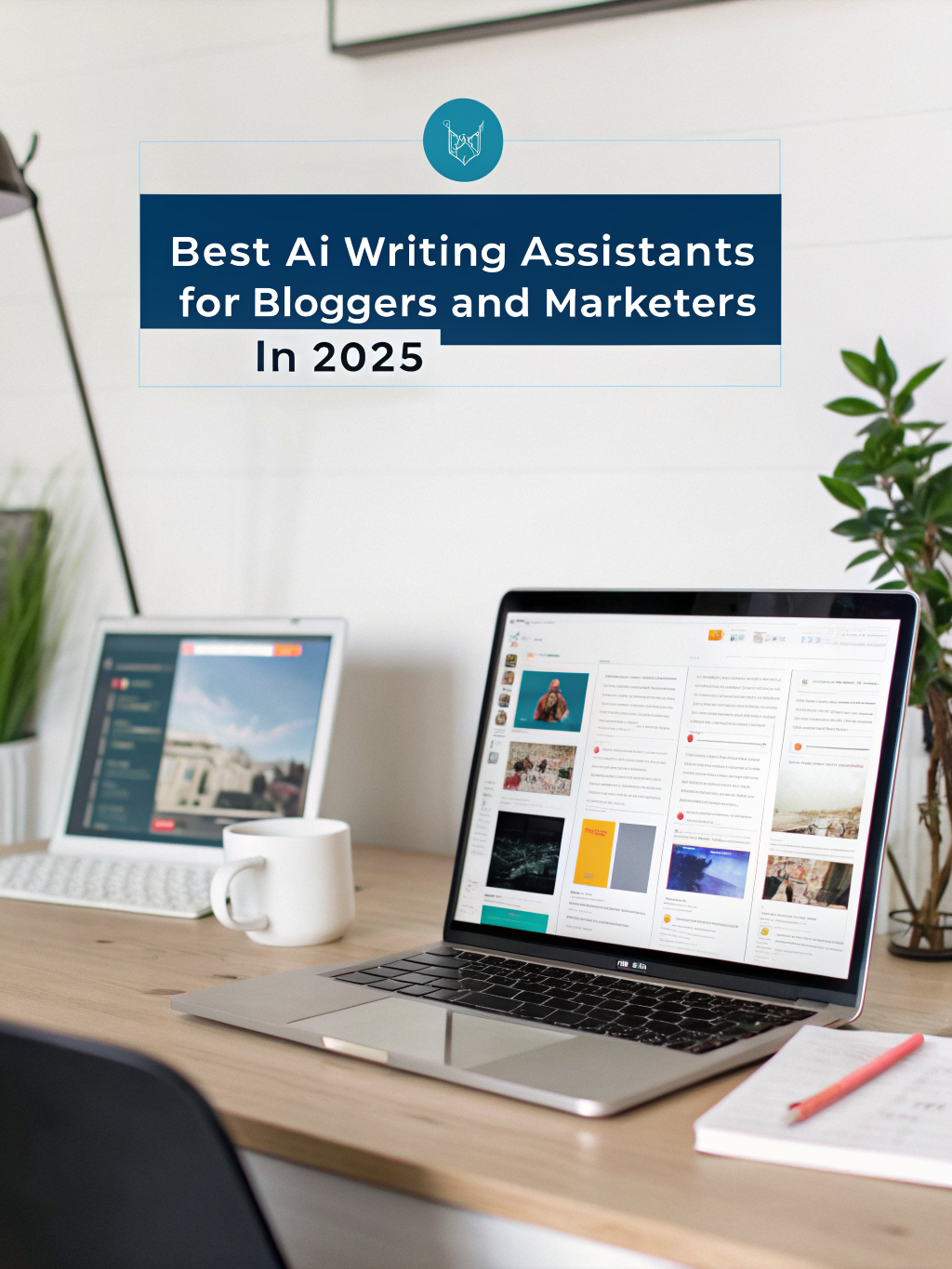
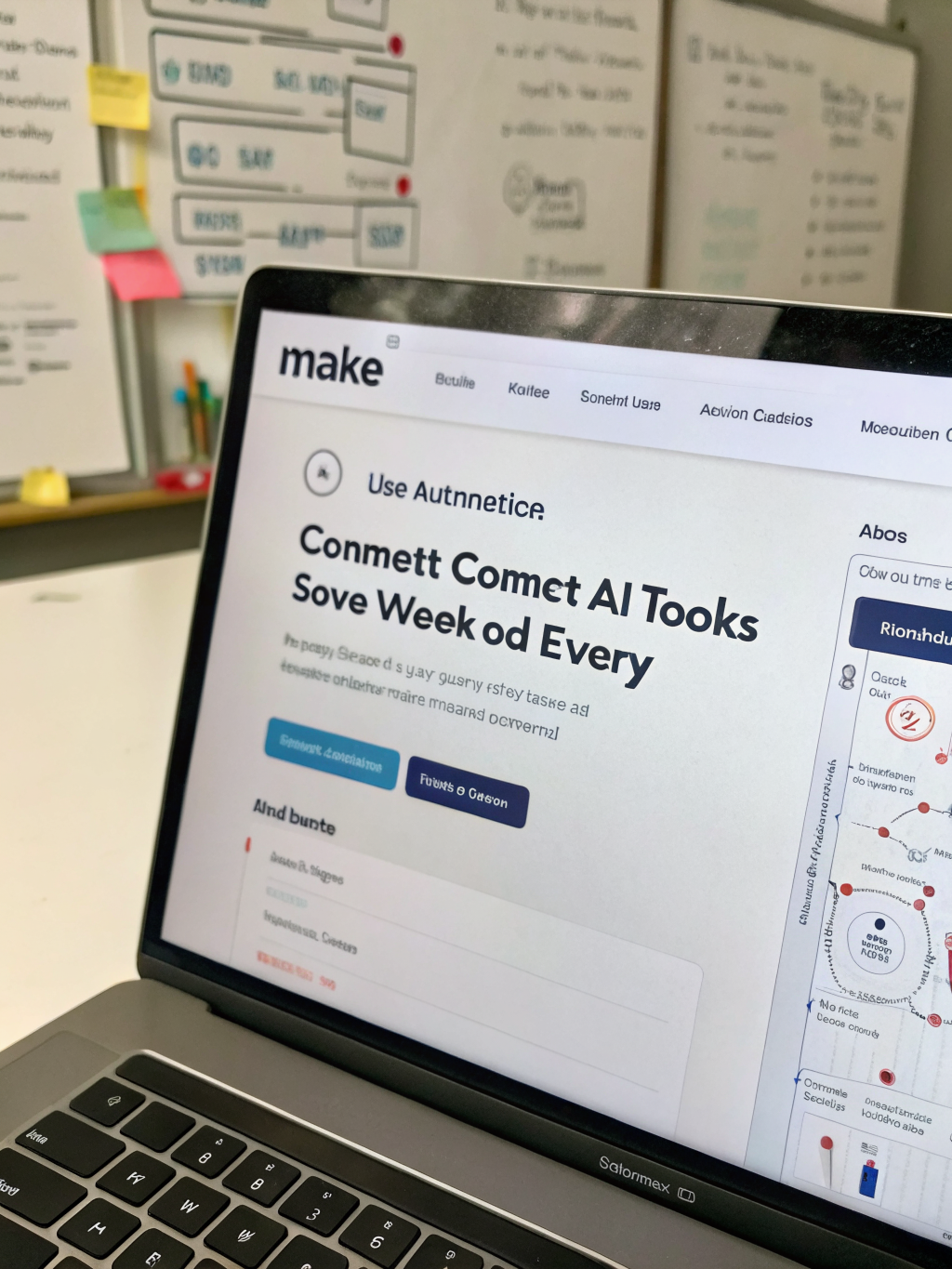
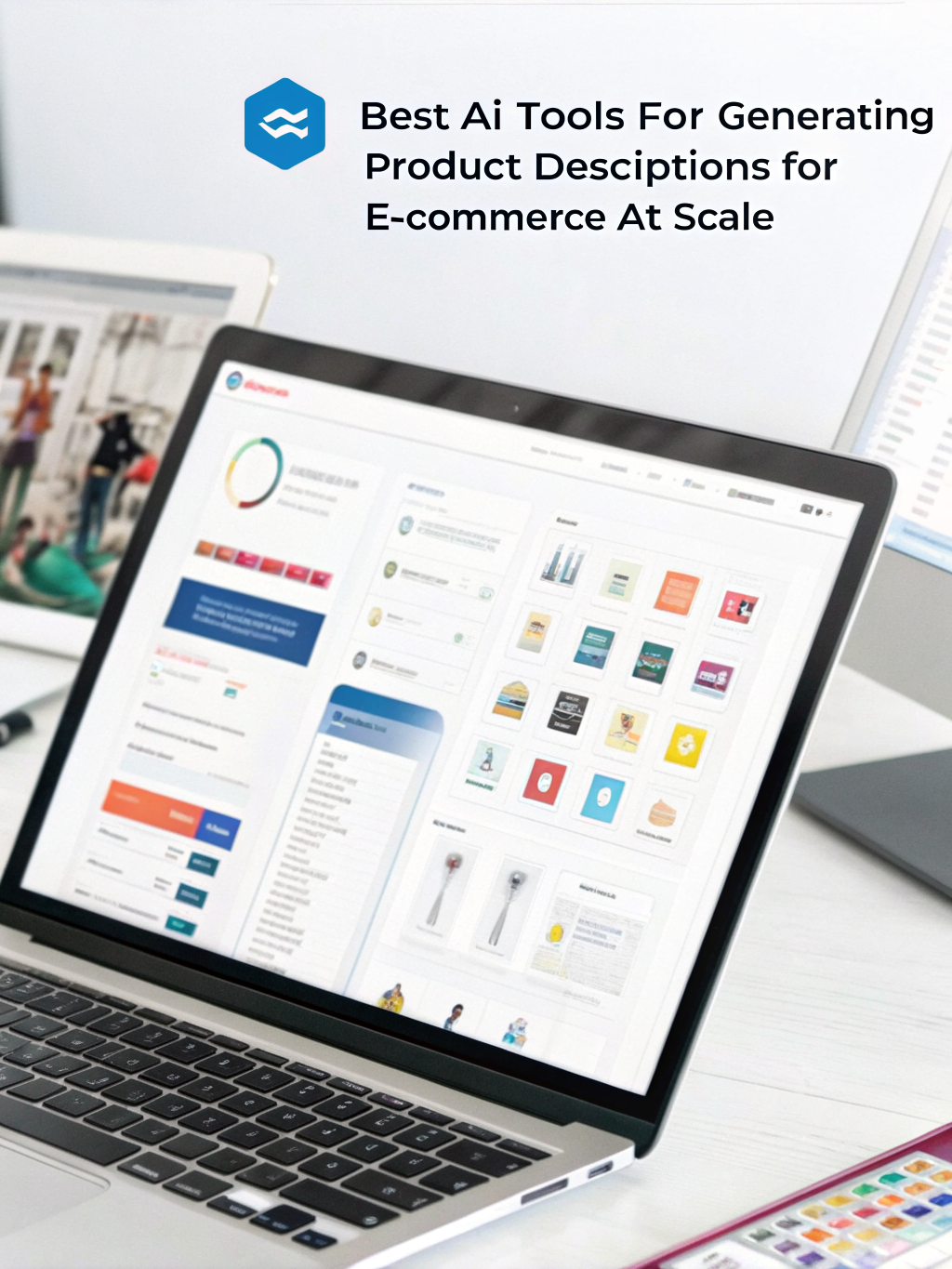
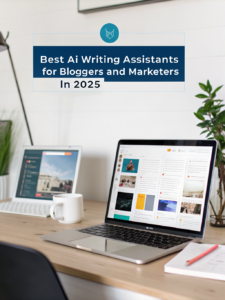
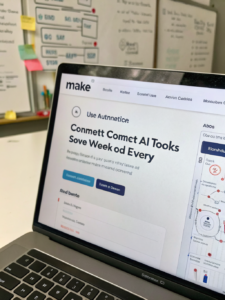
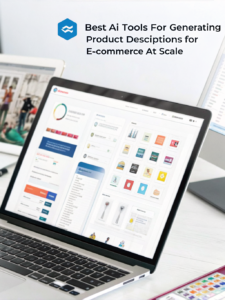
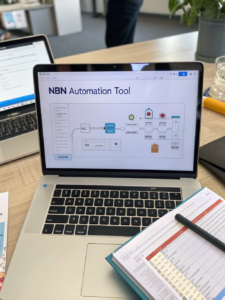
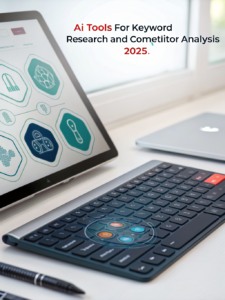
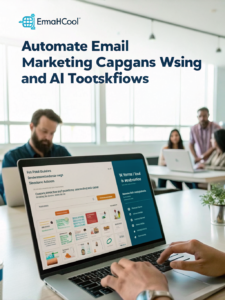
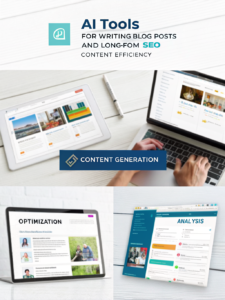


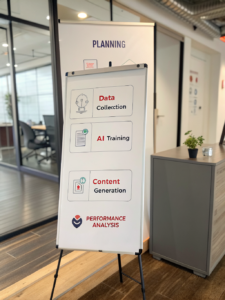
Post Comment